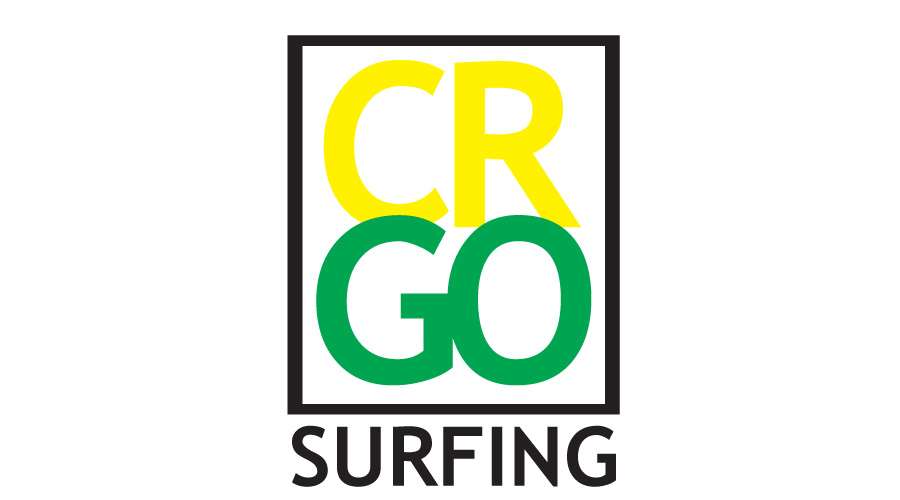I understand that signing up for a surf lesson can be viewed as a big decision. That is why you can rest assured knowing that I promise to make your experience enjoyable and stress free. You will be treated respectfully and professionally from the beginning to the end.
Iprovides surf lessons year round with private and group lessons.
Surfboards are provided free of charge with the lesson.
Students can also keep the boards for the rest of the day so they can have a good time and enjoy surfing all day with their new skills they just learned.
Throughout your surfing classes, your instructor will be with you at all times to guide you through the process of learning to catch and ride your own waves.
All surf lessons are a minimum of 1 1/2h. The success rate for students of our surf school is so high, you’re pretty much guaranteed to get up on your first surf lesson!
 Learning how to surf is a magical experience. As you will find out, it can also be an extremely challenging experience.
Learning how to surf is a magical experience. As you will find out, it can also be an extremely challenging experience.Here's my advice: don't try surfing on your own. It can take years to feel confident about your surfing skills without proper instruction. You can try learning on your own but you will probably be disappointed with the results. Surfing is way too difficult to learn by trial and error. And a lack of knowledge can put you in serious danger in the water. Also, there is an entire community of surfers at each surf break that expect you to know the basic rules of surfing etiquette and frown upon anyone not obeying the rules, regardless of your skill level.
SURF RULES
Alcohol: Surfing under the influence is not a good idea. Save the drinking for the after-surf bragging session at your local where you can tell everyone just how many barrels you got earlier.
Be Aware: Be aware of other surfers and water users, of the surf conditions, and of where you are surfing.
Comfort Zone: You should surf in waves that you are comfortable with. Don't get in over your head.
Fitness: Make sure you are physically fit when surfing. You need to be able to swim back to shore if you lose your board at the end of an exhausting session - no mean feat in a 3 metre swell.
Food: As with swimming, do not go surfing for at least 45 minutes after a meal.
Fun: Surfing is all about having fun; keep it in mind when you are out in the waves.
Hold or Throw: Know when to hold on to your surfboard and when to get rid of it. If you are paddling out, then keep hold of your board. You'll get back to the line up more quickly, and you'll not put anyone paddling out behind you at risk. If you are about to wipe out, get rid of your board. You are far more likely to sustain an injury if you and your board are getting washed around together.
Priority: Always make sure that you are not taking anyone else's wave. Remember that the surfer who is closest to the breaking wave has priority. If you see someone already on a wave, then the wave is considered to be taken, and you'll have to wait for the next one.
Practice: If you want to improve then you need to be in the water surfing as regularly as possible. No one gets better at anything by staying home and watching T.V.
Respect: Respect the locals if you are visiting a beach. Remember that you are a guest and that waves should be shared.
Rips: If you are caught in a rip, remember that it's called R.I.P. for a reason. You may not make it back to dry land ever again if you get caught in one. Hopefully you already know that a rip is a strong current that (normally) goes straight out to sea and, if caught in one, you should not panic but instead paddle across the rip (not against it) until you have escaped.
Sun Block: Always wear a good waterproof sunblock. You'll know how important it is if you have been out for a few hours surfing in the sun without it. Also, if you are not wearing a wetsuit, it is a good idea to wear a UV-proof long sleeve rash vest for body protection.
Surf Buddy: Always surf with at least one other person. Not only will you have more fun if you are sharing your waves, but you'll always have someone to help you out if you need it.
Surf Conditions: Make sure that the surf is safe before you go in. If you are going surfing at a spot you are unfamiliar with it, is a good idea to get some advice from a local. Check out the surf spot while warming up.
Warm-up: Always have a quick warm-up and stretch before entering the surf. This will reduce the risk of muscle injury or cramp while you're surfing. It also gives you time to check for any rips or where the best spot to catch waves is.
